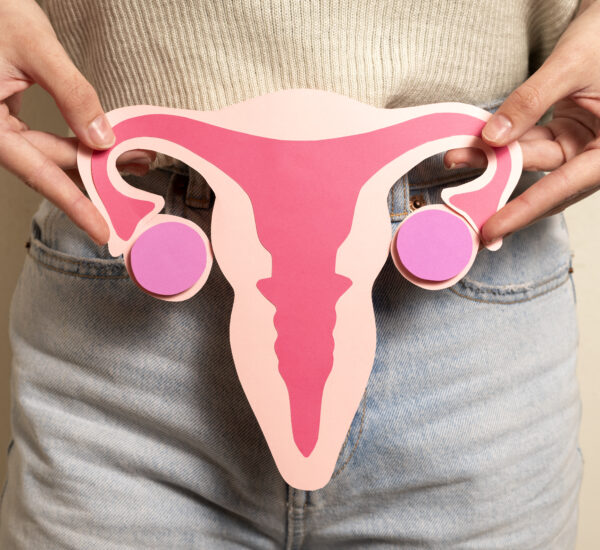Often dubbed the “love hormone,” oxytocin is a powerful neuropeptide that plays a pivotal role in human behaviour and physiology. Produced primarily in the hypothalamus and released into the bloodstream by the pituitary gland, oxytocin influences a wide range of functions, from childbirth and lactation to social bonding and emotional regulation.
The role of Oxytocin in childbirth and parenting
Oxytocin is best known for its role in childbirth, stimulating uterine contractions and facilitating labour. It also plays a crucial part in breastfeeding, triggering milk release. Beyond these reproductive functions, oxytocin fosters a strong bond between mother and child, promoting nurturing behaviours and attachment.
Oxytocin and social connection
Oxytocin’s influence extends beyond reproduction. It is often referred to as the “cuddle hormone” due to its association with feelings of trust, empathy, and intimacy. When we engage in physical touch, such as hugging or holding hands, oxytocin levels rise, promoting a sense of connection and belonging. This hormone also contributes to feelings of attachment and pair bonding.
Oxytocin and stress management
While oxytocin is often linked to positive emotions, it also plays a role in stress management. It can help regulate the body’s stress response by counteracting the effects of cortisol, the primary stress hormone. Studies have shown that oxytocin can reduce anxiety, blood pressure, and inflammation.
Oxytocin and well-being
Emerging research suggests that oxytocin may have broader implications for overall well-being. It has been linked to various health benefits, including:
Pain reduction:
Oxytocin has analgesic properties, helping to alleviate pain.
Improved mood:
It can contribute to a positive mood and reduced symptoms of depression.
Enhanced cognitive function:
Some studies suggest oxytocin may improve memory and learning.
Gut health:
Oxytocin influences the gut-brain axis, potentially impacting digestive health.
Increasing oxytocin levels
While the body naturally produces oxytocin, there are ways to boost its levels:
Physical touch:
Engage in activities like hugging, cuddling, and holding hands.
Social interaction:
Spend quality time with loved ones and build strong relationships.
Mindfulness and meditation:
These practices can reduce stress and increase oxytocin levels.
Exercise:
Physical activity stimulates the release of endorphins and oxytocin.
How are oxytocin levels controlled?
Unlike most hormones, oxytocin functions on a positive feedback loop. This means its release triggers a chain reaction, stimulating further production. In contrast, most hormones operate on a negative feedback loop, where the body regulates hormone levels by reducing production once the desired effect is achieved.
What happens when oxytocin levels are low?
Even though it is rare, low levels of the hormone can hinder uterine contractions, pausing it and causing complications in delivery. It may also affect lactation after giving birth. These low levels of oxytocin can be because of a condition known as panhypopituitarism. In this condition, all the other hormones produced by the pituitary gland are excessively low.
Additionally, low levels of this hormone are also associated with depressive symptoms and autism spectrum disorder. However, more research is needed to establish a clear connection between the condition and the hormones.
What happens when oxytocin levels are high?
Once again, excessively high levels of oxytocin are extremely rare. However, it may cause an overactive uterus, and an increase in uterine muscle mass (hypertrophy), which obstructs pregnancy, limiting space in your uterus to hold the fetus.
In males, the condition has been associated with Benign Prostatic Hyperplasia (BPH). It is a condition in which the prostate grows in size. Consequently, this can make urination difficult
Closing thoughts
While often referred to as the “love hormone,” oxytocin’s influence extends far beyond social interactions. Its crucial role in childbirth, lactation, and broader physiological functions highlights its importance.




